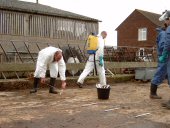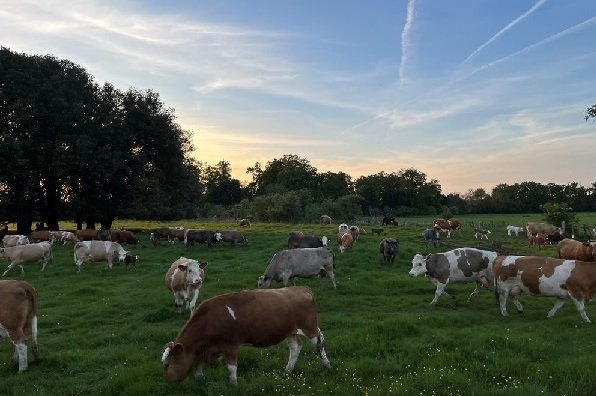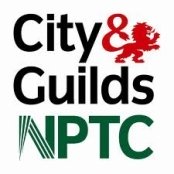Spraying - PA6 Knapsack / Handheld Application Course.
A one day course for those who are wishing to develop their spraying techniques, as well as gain the NPTC PA 6, hand held application certificate of competency. This qualification has been split in to subsections to cover the wide range of equipment available to the land based sector.
We are able to offer the full range of subunit's which include the PA6A - Hand held applicator with hydraulic nozzle (knapsack). PA6W - Spraying near water with a hand held hydraulic nozzle applicator. PA6G - Operating hand held applicators to apply pesticides pellets or granules to land. PA6GW - Operating pedestrian hand held applicators to apply pesticide pellets or granules to or near water. PA6PP - Installing Pesticide Plugs in tree stumps. PA6INJ - Operating hand held pesticide injection equipment. PA6MC - Operating other hand held applicators requiring minimal calibration.
Each unit is now a separate half to one day training course.


Pre Course Requirements:- Delegates must hold or have been trained to PA1 Safe Use and Handling of Chemicals levels.
Course Certification:- NPTC PA6
Course Length:- Half to One day per unit + 3-4 Hour assessment
Course Times:- 9.30AM to 4.30PM full day or 9.3AM to 1.00PM Half day depending on unit.
Instructor:- Various.
Cost:- £130 per per son or These courses are run as in house courses to suit the client. Price on application
Venue:- Marsh Hill Farm, Marsh, Aylesbury. HP17 8ST or To suit client.
Maximum number of delegates:- 3-6 depending on Covid-19 restrictions.
Course content:
As a result of these courses, participants will be able to:
- Use pesticides safely, applied with appropriate application equipment.
- Identify and select nozzles and carry out machine calibration.
- Operate equipment within legislation and codes of practice.
- Clean equipment and dispose of unwanted pesticides and containers.
- Identify and rectify faults and recognise when spraying is inadvisable.
Back to Landbased Courses


